
When you hire a contractor to work on your home, you are trusting them with one of your most valuable …
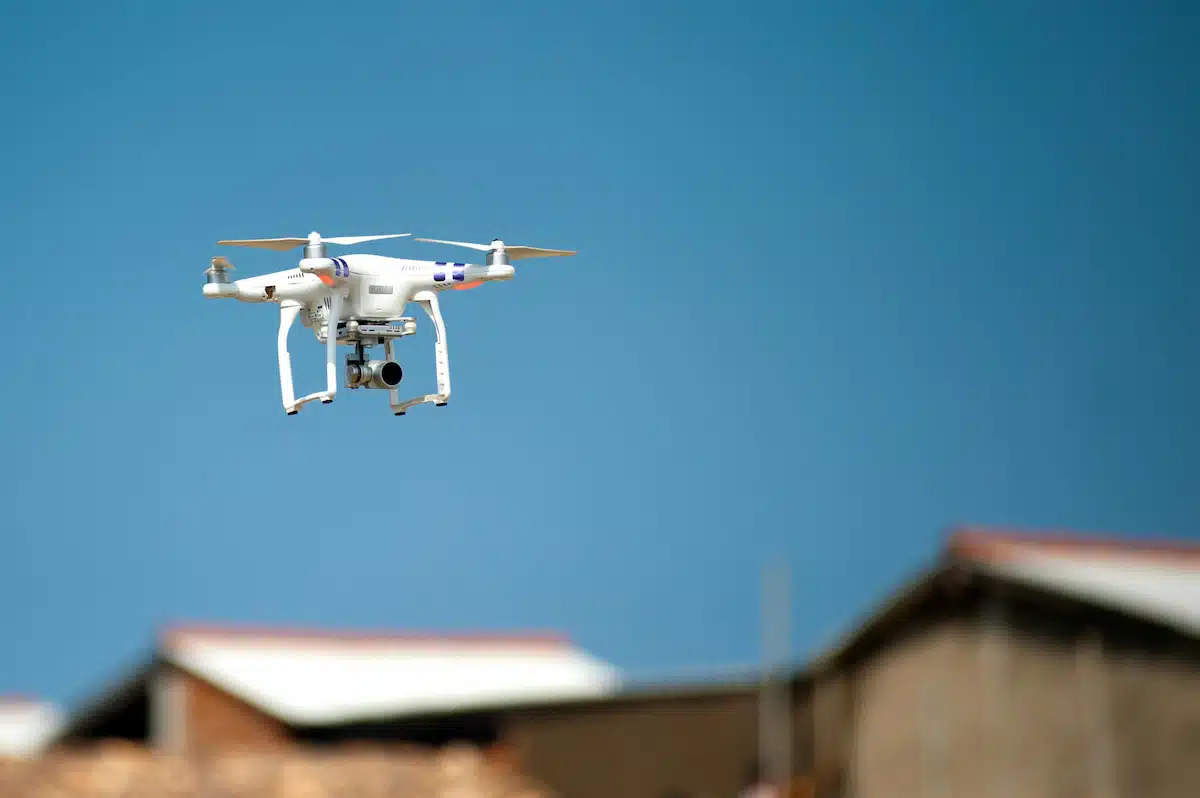
Roof inspections are a crucial part of maintaining a home’s condition and protecting it from potential damage. Whether you’re dealing with a recent storm, preparing to sell your house, or just doing routine maintenance, getting a clear view of your roof’s condition is essential. However, climbing up on a ladder to inspect the roof can be dangerous, time-consuming, and not always effective. Fortunately, there’s a safer and more efficient solution: drones.
In recent years, drones have become a valuable tool for roof inspections, transforming the way we at Storm Guard of DuPage evaluate roof conditions. This article will explain why using a drone for your next roof inspection might be the smartest choice, covering the benefits it provides and how it works.
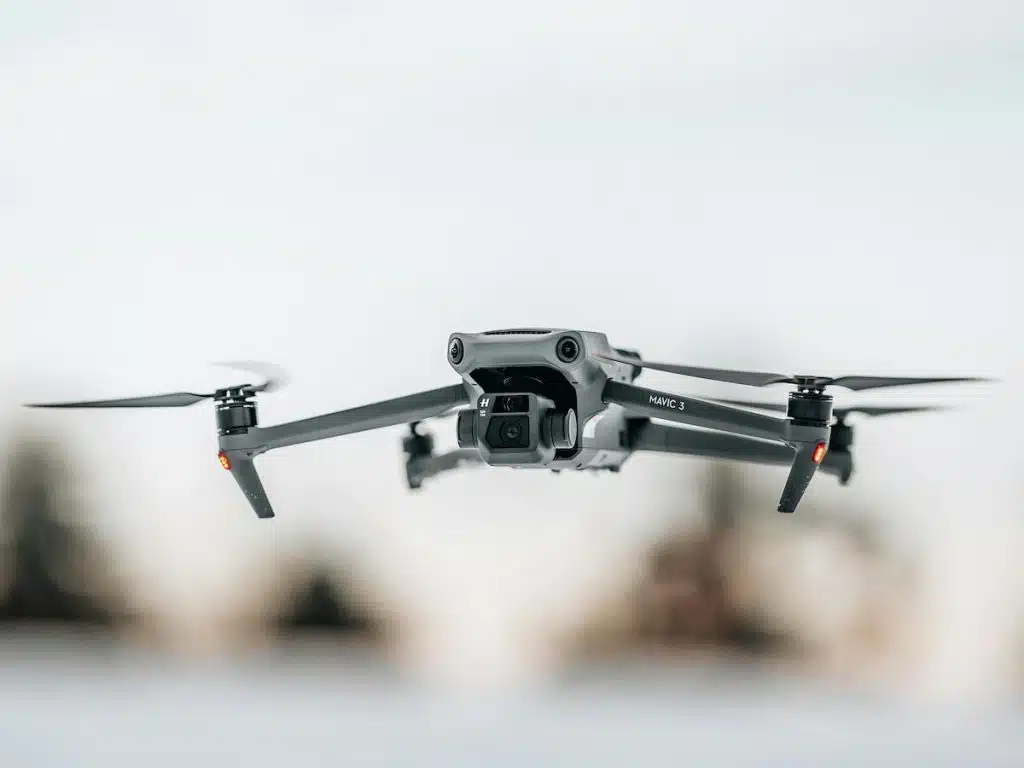
Roof inspections involve risks. Climbing ladders and walking on steep roofs can lead to accidents or falls, especially when the roof is wet, damaged, or covered with debris. By using a drone, our professional inspectors can stay on the ground while still getting a close look at the roof. This reduces the risk of injury, making it a safer option for everyone involved.
Traditional roof inspections can be limited by where an inspector can safely reach. If there are areas that are too steep or hard to access, some damage may go unnoticed. A drone can fly over and capture high-quality images or videos of the entire roof, including those tricky spots. This ensures that every angle is observed, and no potential problem is missed.
High-resolution cameras can detect issues like hail damage, cracked shingles, hidden leaks, or loose flashing that might be difficult to see with the naked eye. The precision provided by drones helps identify problems early on, allowing for timely repairs that can save homeowners money in the long run.
Storm Guard of DuPage offers FREE roof inspections. Using a drone for roof inspections significantly reduces the amount of time and labor required to assess your roof’s condition. Traditional inspections may take hours, especially if there’s a need for special safety equipment. Drones can complete an inspection in a fraction of the time, often under 30 minutes.
Also, since drones can quickly assess damage after a storm, homeowners can get repairs done sooner, potentially avoiding further damage and higher costs.
Drone technology allows for capturing detailed, high-resolution photos that provide a clear view of the roof’s condition. This documentation is invaluable for insurance claims, as it provides visual proof of the roof’s state before and after any damage occurs.
When filing an insurance claim for roof damage, it’s important to have accurate evidence to support the claim. Drones make it easy to gather this evidence, and the high-quality images can help speed up the claim process by providing clear and convincing documentation of the roof’s damage. For this reason, an annual roof inspection by Storm Guard of DuPage is one of the best things you can do for your home.
Drones offer an environmentally friendly way to conduct inspections. With no need for scaffolding, ladders, or other heavy equipment that might disturb the surrounding landscape, the inspection process is much less intrusive. There’s no harm to your home’s landscaping, and no risk of causing damage to the roof itself.
You might wonder how a drone roof inspection actually happens. It’s a straightforward process, but it involves some specific steps to ensure accuracy and safety.
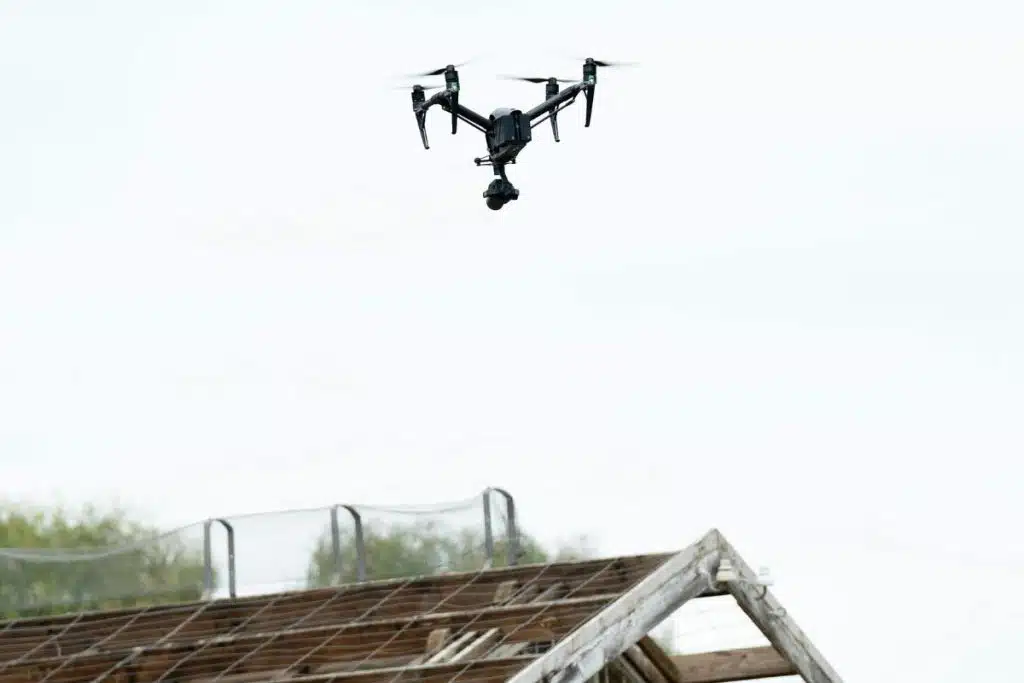
Before the drone takes off, the inspector will review the property and plan the flight path to ensure full coverage of the roof. This may involve using software to map out the best way to capture images from different angles.
Once the plan is in place, the drone is flown over the roof, capturing high-resolution images. Advanced drones can even use features like GPS and automated flight paths to ensure consistent coverage.
After the flight, the images are reviewed for any signs of damage, wear and tear, or other issues. If a problem is detected, the inspector will provide a detailed report with the findings, along with recommendations for any necessary repairs.
If the inspection reveals damage, we can use the detailed drone images to determine what is needed, ensuring that the right action is taken. This can also be helpful for insurance purposes, as the images provide solid documentation of the roof’s condition.
There are several situations where a drone roof inspection is especially beneficial:
While drones are a powerful tool for roof inspections, they aren’t perfect. There are some limitations to be aware of:
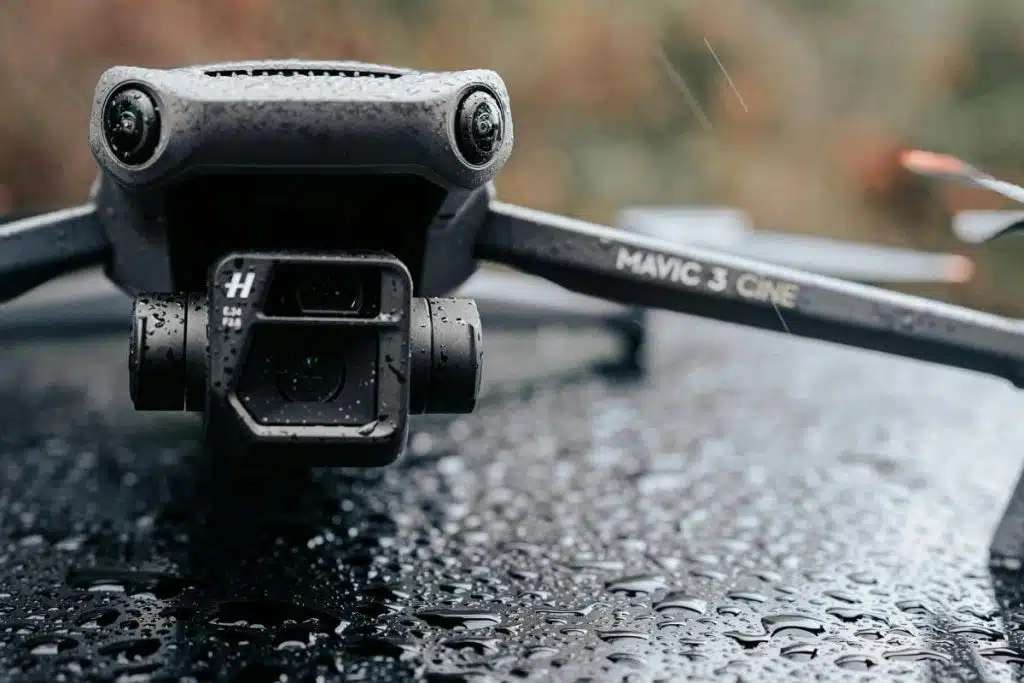
Drones aren’t suitable for flying in heavy rain, strong winds, or during extreme cold. These conditions can affect the drone’s stability and the quality of the images it captures. Inspections should be planned for days with favorable weather to ensure the best results.
In the U.S., the Federal Aviation Administration (FAA) regulates the use of drones for commercial purposes. A licensed drone pilot is required to perform inspections legally, which may limit who can conduct your inspection.
Some types of roof damage, such as issues with the underlying structure or problems hidden beneath the shingles, may not be detectable with a drone. In these cases, Storm Guard of DuPage offers a FREE, comprehensive 50 point inspection, which may include a traditional inspection to assess the full extent of the damage.
At Storm Guard of DuPage, we understand the importance of a thorough roof inspection, and we’re committed to using the latest technology to provide the best service. Our licensed drone pilots are experienced in conducting accurate, detailed inspections that help homeowners stay informed about their roof’s condition.
We know that every roof is different, and our tailored inspection process ensures that your home receives the attention it deserves. With our drone roof inspection services, we achieve:
Using drones for roof inspections offers a safer, faster, and more precise way to assess your roof’s condition. If you need a reliable inspection, contact Storm Guard of DuPage to learn more about how we can help keep your home protected.
Drones are revolutionizing roof inspections by making the process safer, quicker, and more comprehensive. With the advantages they offer in terms of safety, accuracy, cost savings, and documentation, it’s easy to see why Storm Guard of DuPage has incorporated this technology as a part of our inspection process. The next time your roof needs an inspection, call us to get a clear picture of its condition.
825 N. Cass Avenue
Westmont, IL 60559
(630) 812-1716

When you hire a contractor to work on your home, you are trusting them with one of your most valuable …
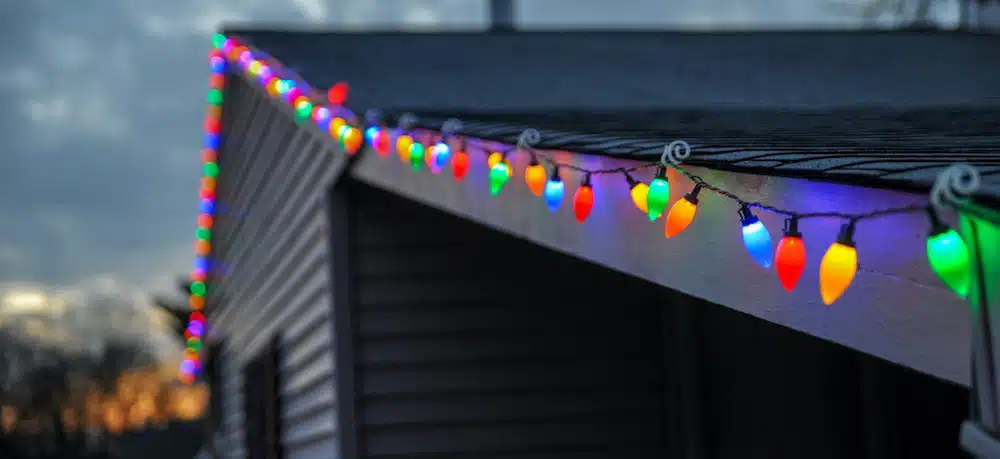
It’s the holiday season and decoration time is upon us. Halloween, Thanksgiving, and Christmas are the times of year we …